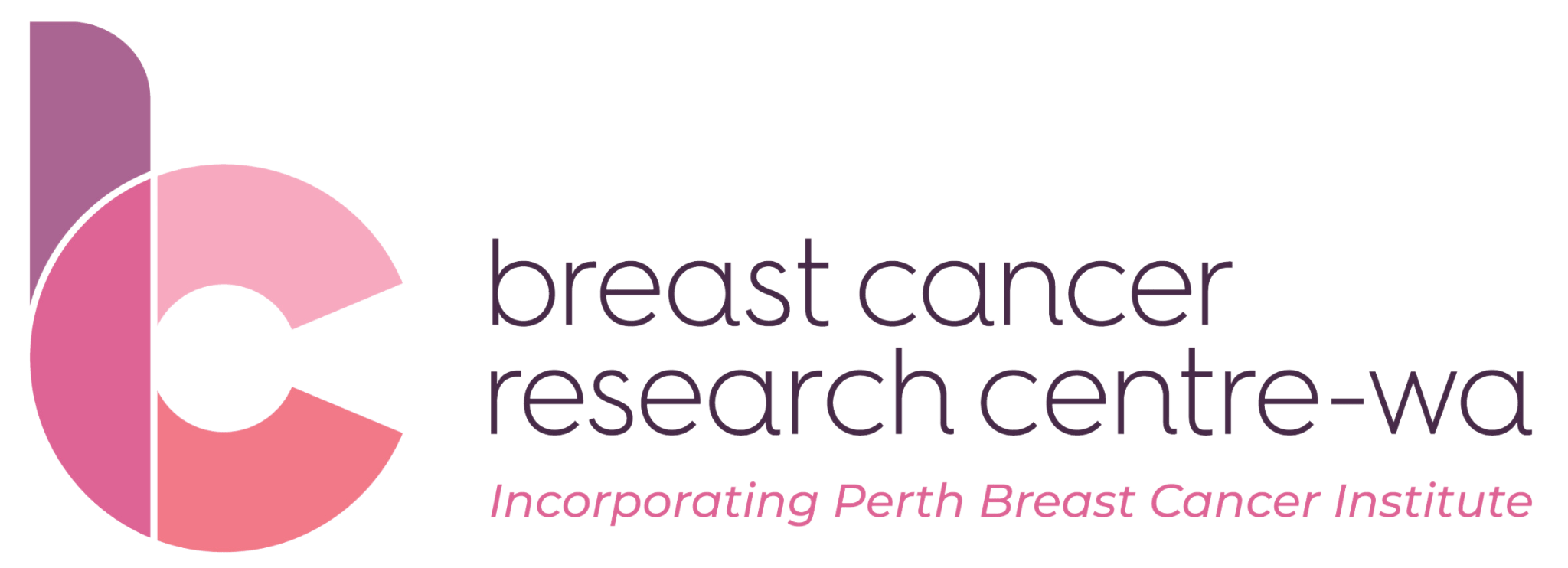WHAT IS A
Multi-Disciplinary Meeting?
At BCRC-WA, we are dedicated to providing clinical, evidence-based, and multidisciplinary care that prioritises the well-being of our patients. We conduct weekly Multidisciplinary meetings (MDM) for new and ongoing cases.
The MDM approach represents best global practice by emphasising the power of teamwork to achieve outcomes that go beyond what any individual could accomplish alone. In particular, cross-disciplinary teams offer a unique advantage, as they harness a broad range of knowledge, skills, and abilities. These collaborative discussions bring together surgeons, oncologists, breast physicians, clinical psychologists, radiologists, pathologists, genetic counsellors, and specialised nurses, serving as a cornerstone of patient-centred care in managing complex conditions like breast cancer.
How a typical MDM operates:
- Case Presentation: The meeting begins with the oncologist or surgeon presenting the patient’s case. This includes: Key details such as age and background information, current status and treatment history.
- PathologyReview: The pathologist shares the most recent pathology results, providing insights into tumor biology, receptor status, and any other relevant findings.
- Radiology Analysis: The radiologist presents the latest imaging scans, highlighting findings and offering an analysis. Input from surgeons, oncologists, and other specialists helps ensure the imaging is interpreted in the broader context of the patient’s treatment plan.
- Collaborative Discussion: A discussion follows among the team, including surgeons, oncologists, radiologists, and breast care nurses, to evaluate the next steps. Topics include: potential treatment options (e.g., surgery, chemotherapy, radiations targeted therapy) or any adjustments needed based on the most recent results and patient needs.
- Nursing Coordination: Specialised Breast care nurses, acting as case managers, contribute insights about the patient’s overall well-being and logistical considerations. They ensure plans are practical and address both clinical and psychosocial needs, including scheduling the next appointments. Genetic
- Counselling Referrals: If the patient meets the criteria for genetic counseling, the genetic counsellor is brought into the discussion to address familial risk factors and hereditary considerations.

Comprehensive Decision Making
MDMs bring together a team of specialists—surgeons, oncologists, breast physicians, radiologists, pathologists, genetic counselors, and specialised nurses—who collaboratively review each case. This diverse expertise ensures every aspect of a patient’s diagnosis and treatment is considered. By combining input from multiple disciplines, MDMs enable the creation of highly individualised care plans. This approach considers not only the clinical aspects of the disease but also the patient’s unique needs, preferences, and circumstances.
Support Beyond Medicine
The inclusion of genetic counsellors, specialised nurses & clinical psychologists ensures that patients receive holistic care, addressing both medical and emotional aspects of their journey. Clinical psychologists play a critical role in helping patients cope with the stress, anxiety, and depression that often accompany a breast cancer diagnosis. By integrating psychological care into MDM discussions, we ensure emotional well-being is prioritised during challenging moments, such as navigating treatment difficulties, processing tough news about treatment updates, and addressing the need for support within the family at home.
Please note that you will be notified if your case is being discussed.
The information and content provided on this page is intended for informational and educational purposes only and is not intended to substitute for professional medical advice. Please contact your medical team for advice on anything covered in this article.

